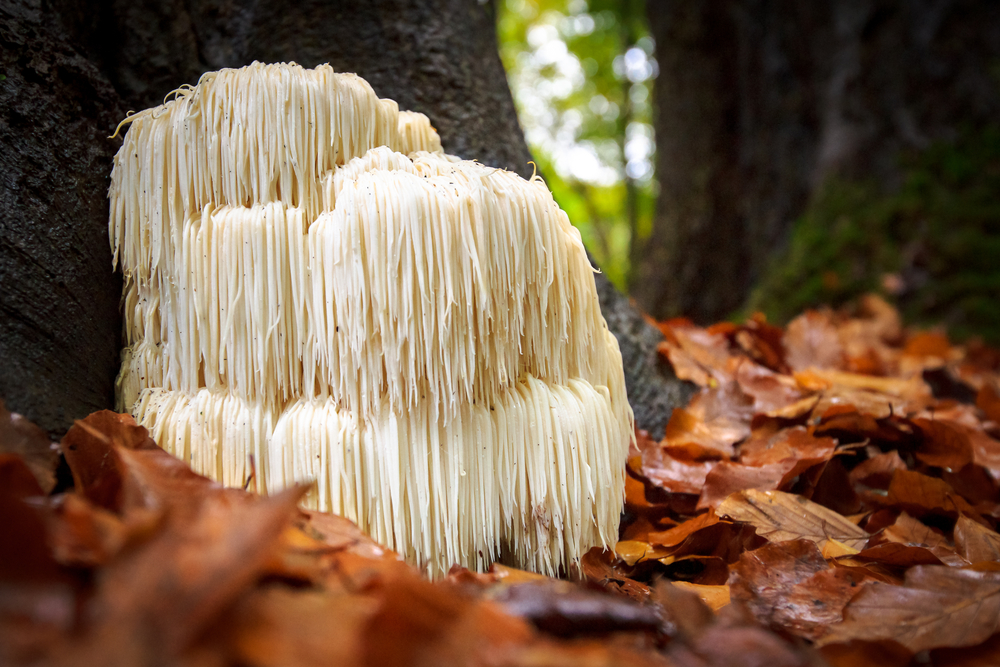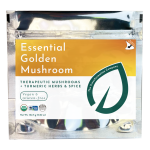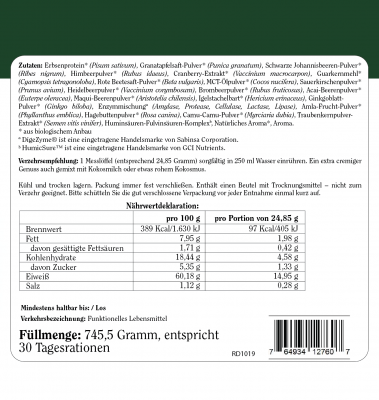Exploring the Edible Lion’s Mane Mushroom
Among the autumn leaves and green moss of the Veluwe’s Leuvenum forest in the Netherlands, the rare and edible Lion’s Mane Mushroom, scientifically known as Hericium Erinaceus or pruikzwam, stands out with its striking white color. This mushroom is not only a sight to behold but is also steeped in traditional Chinese medicine for its health benefits. The Lion’s Mane mushroom, also referred to as hou tou gu, yamabushitake, monkey head mushroom, bearded tooth mushroom, satyr’s beard, bearded hedgehog mushroom, and pom pom mushroom, is recognized for its unique appearance resembling a white lion’s mane.
Consuming Lion’s Mane mushrooms can be a delightful experience, as they can be enjoyed raw, cooked, dried, or steeped in beverages such as tea and coffee. They are also available in various products like elixirs and health supplements, providing multiple ways to incorporate them into one’s diet.
Health Benefits of Lion’s Mane Mushrooms
Combatting Neurodegenerative Diseases: Neurodegenerative conditions like Alzheimer’s and dementia are linked to the brain’s declining ability to form new connections over time. Research indicates that Lion’s Mane mushrooms contain hericenones and erinacines, two compounds that can stimulate brain cell growth. In animal studies, these mushrooms have shown potential in preventing damage from amyloid-beta plaques, which are associated with Alzheimer’s disease, and in reducing memory loss symptoms. Although human studies are limited, some research with older adults has shown significant brain function improvements after consuming 3 grams of powdered Lion’s Mane daily for four months.
Alleviating Depression and Anxiety: Depression and anxiety are prevalent concerns in today’s fast-paced world. A study involving mice has demonstrated that Lion’s Mane mushroom extract can lessen symptoms of depression and anxiety, potentially due to its anti-inflammatory properties. The mushroom may improve the functioning of the hippocampus, an area of the brain that processes memories and emotional responses, thereby reducing anxiety and depression effects.
Enhancing Immunity: The immune system’s role in defending against pathogens is more crucial than ever. Studies in animals suggest that Lion’s Mane mushrooms can strengthen immunity by boosting the intestinal immune system’s activity. This is particularly significant as the intestinal immune system is a primary defense against pathogens entering through the mouth or nose. Notably, one study found that mice given a lethal dose of salmonella bacteria had their lifespan nearly quadrupled after daily supplementation with Lion’s Mane extract.
While the immune-boosting effects of Lion’s Mane are promising, research in this area is still evolving. It’s important to note that while traditional Chinese medicine and studies have highlighted numerous benefits of Lion’s Mane mushrooms, further research, especially involving humans, is necessary.
Sources:









